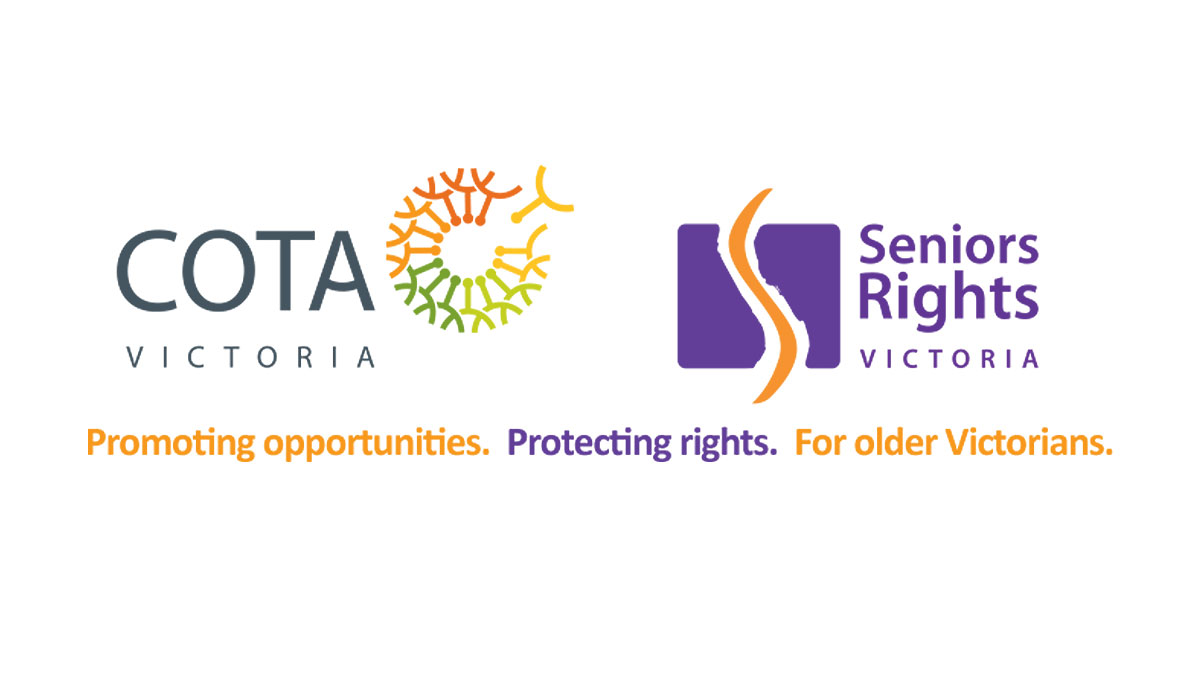Alexia is in her 60s and living in a Melbourne suburb that has experienced outbreaks. Like many people, Alexia was initially hesitant about getting the COVID-19 vaccine. But two jabs later, she feels both relief and hope for the future. So what changed her mind?
Alexia was fearful after reading stories about thrombosis in combination with thrombocytopenia, a serious side effect of the AstraZeneca vaccine. Thankfully, the side effect is very rare, affecting just 4 to 6 people in every million. Even so, Alexia didn’t want to be one of the unlucky ones affected.
Alexia could understand her own hesitancy. But persistent outbreaks and lockdowns had her feeling concerned about the health of other family and keen to get back to doing the things she loved. She decided to seek more information about the vaccine from reliable sources.
‘It was the possibility of getting out and doing the important things that I missed so much, such as seeing friends, going to the gym and having visitors to my home, that motivated me. We need these things to stay healthy and stay connected,’ she said.
Alexia received her first jab at a vaccination centre. She found that the centre was very organised, with knowledgeable nursing staff who spoke about the risks of the vaccine. This gave Alexia confidence in her decision.
Unfortunately, Alexia did experience a strong vaccine reaction: a rash on her arm and flu-like feelings for several days. But a quick follow-up with her doctor, including blood checks to test for thrombosis with thrombocytopenia, led to relief that this was not an issue. She recovered quickly with rest. The second jab was conducted by her doctor with no issues.
Alexia said it is so easy for people to get upset by misinformation, distribution issues, confusing communications and vaccine shortages. But being vaccinated has made her feel less vulnerable – as well as incredibly grateful to the scientists, health workers and government employees doing their best to move our community beyond the pandemic.
‘I think we’ve become hypersensitive to the mixed information, and we’ve had lower outbreak numbers so we haven’t had the same motivation to get vaccinated, but economically and personally we’re challenged by the repetition of lockdowns. We need migration and international students, we need community connection,’ she said.
‘I was talking to a friend on a tram ride [out of lock-down] and we felt comfortable sitting next to each other, masked, socialising … We talked about being double vaccinated and it was a bonding experience; we both felt an increased sense of security and joy at being out.’
Learn more
COTA Victoria encourages everyone to rely on reputable sources to help make informed choices and stay up-to-date on the latest information about COVID-19 vaccines. Is it True? features common questions and answers, provided by trusted sources, and is available in 63 languages.
For COTA Victoria’s summary of information, please go to our webpage COVID-19 resources for older Victorians.
To speak to someone, please call either:
- Coronavirus Hotlineon 1800 675 398 (24 hours)
- National COVID Older Persons Information Line on 1800 171 866
If you think you may have COVID-19, you can call the hotline for information. Please call 000 in a medical emergency.
